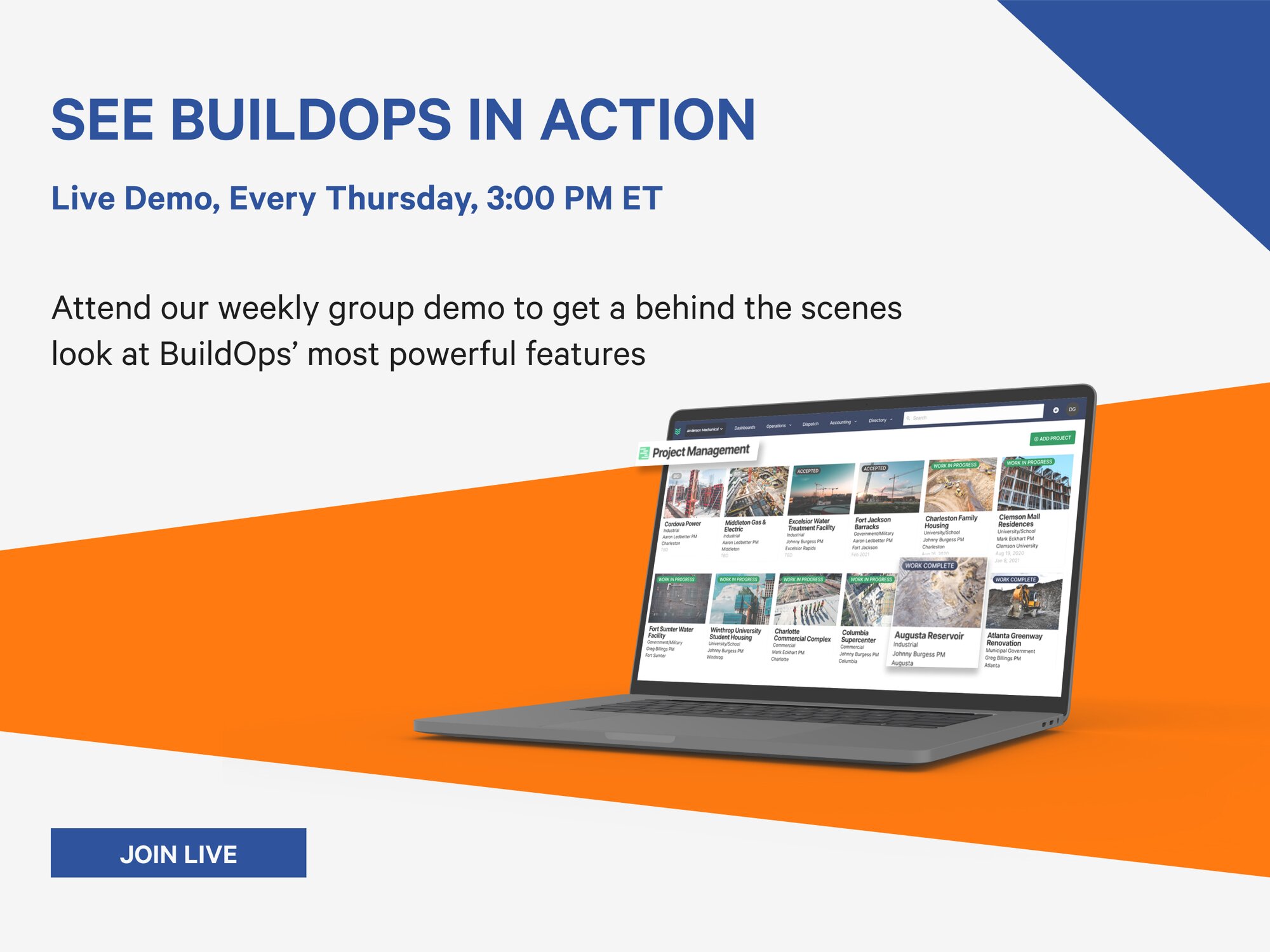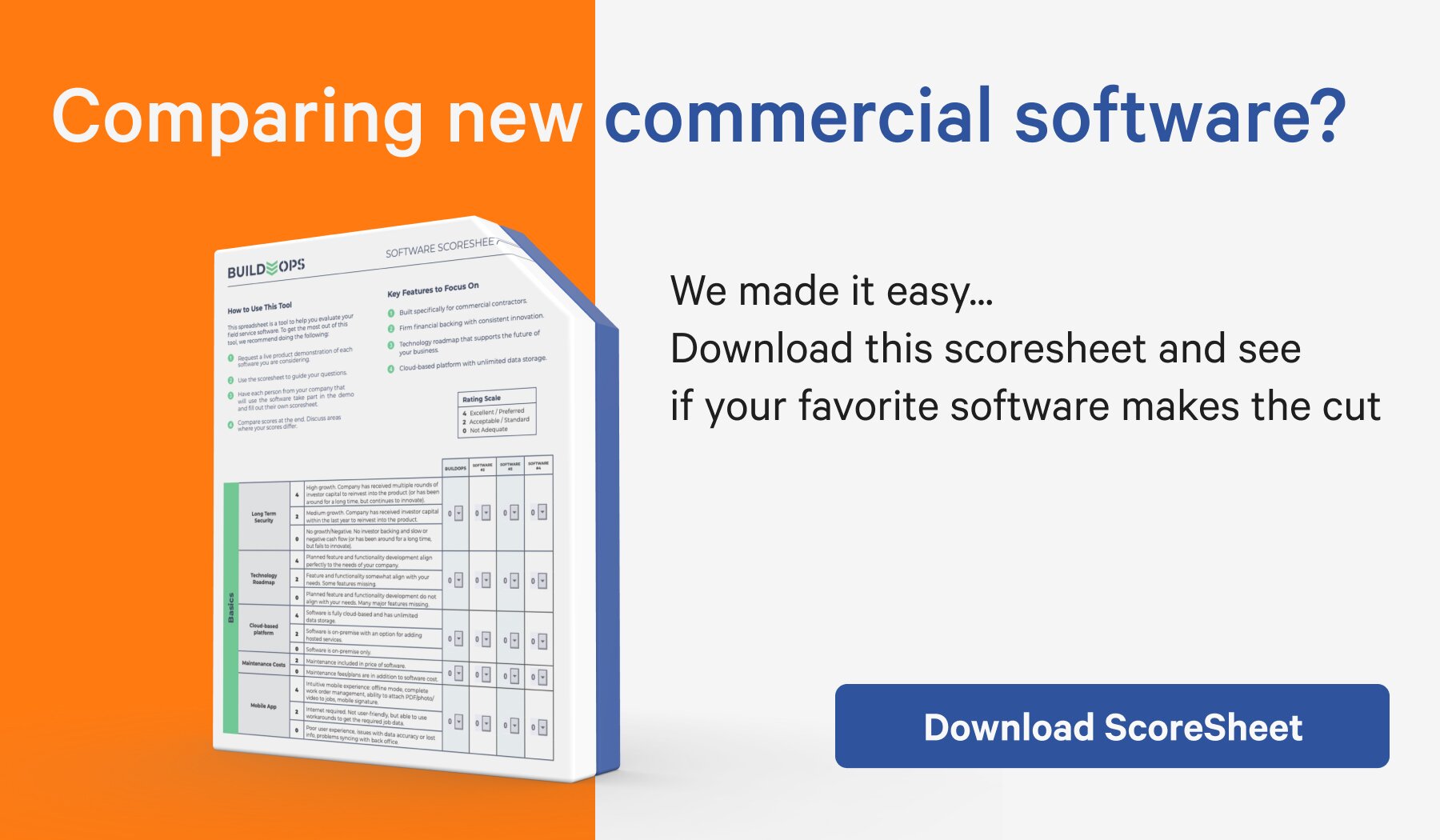CRM software, short for Customer Relationship Management software, is a technological tool designed to help businesses manage their interactions with current and potential customers. It streamlines processes, consolidates customer information, and automates sales, marketing, and customer service functions. This centralized database of customer information makes it easier for businesses to track engagements, sales, and services, enhancing customer satisfaction and loyalty.
The software is versatile, catering to various business sizes and sectors. By analyzing customer data, CRM software enables personalized marketing strategies and customer service experiences. It helps businesses understand their customers’ needs and behaviors, improving the effectiveness of marketing campaigns and sales efforts. Furthermore, CRM software fosters better internal communication and collaboration among teams by providing a single view of customer interactions across the organization.
One of the key benefits of CRM software is its ability to improve customer retention rates. By offering detailed insights into customer interactions, businesses can proactively address issues, anticipate needs, and exceed customer expectations. This not only nurtures a positive relationship with customers but also drives sales growth. Integrations with other tools and platforms enhance its capabilities, making CRM software indispensable in today’s competitive business environment.
In the digital age, understanding and managing customer relationships is paramount for businesses looking to thrive. CRM software emerges as a pivotal tool in this domain, offering a comprehensive solution to manage these crucial relationships. As competition heightens and customer expectations evolve, leveraging technology to maintain a competitive edge has never been more important.
The adoption of CRM software is driven by its ability to offer real-time access to customer data and interactions. This immediate insight allows businesses to make informed decisions swiftly, tailoring their approach to meet individual customer needs and preferences. The importance of building deep, meaningful customer relationships is at the core of CRM software, positioning it as an indispensable asset for businesses aiming to enhance customer satisfaction and loyalty.
As we delve into the intricacies of CRM software, it’s essential to appreciate its role in transforming how businesses interact with their customers. From automating sales processes to delivering personalized customer experiences, CRM software stands at the forefront of customer relationship management. It’s not just about managing customer data; it’s about understanding the customer’s journey and optimizing every interaction to foster long-term loyalty. This exploration will highlight the multifaceted benefits of CRM software, underlining its significance in driving business success.
Understanding the Core Features of CRM Software
CRM software stands at the core of enhancing customer relationships and streamlining business processes. Essentially, it serves as a central repository for customer information. This technology optimizes interactions throughout the customer lifecycle. Hence, businesses can better understand their client base.
At its heart, contact management is a critical feature. It allows businesses to store, track, and manage information about customers and prospects. Moreover, this feature facilitates targeted marketing campaigns and personalized communication. Consequently, businesses can build stronger relationships with their clients.
Another key feature is interaction tracking. This functionality records every interaction with customers, including emails, calls, and meetings. As a result, teams can access a comprehensive history of communications. This access aids in providing personalized and timely responses. Additionally, it ensures that no request or query gets overlooked.
Sales force automation streamlines the sales process. It automates tasks like data entry, lead tracking, and sales forecasting. Thus, sales teams can focus more on selling rather than on administrative tasks. Automation also improves the accuracy of sales forecasts. Therefore, businesses can make more informed decisions.
Marketing automation is similarly transformative. It enables the design and execution of marketing campaigns directly from the CRM. This feature supports targeted marketing efforts. It helps in tracking the effectiveness of these campaigns. Thus, businesses can adjust their strategies for better results.
Customer service management is yet another pivotal feature. It enhances support teams’ ability to resolve issues quickly and efficiently. By having instant access to customer data and history, agents can provide solutions that are both quick and personalized. As a result, customer satisfaction improves.
In summary, CRM software is indispensable in today’s digital age. By offering a suite of powerful features, it empowers businesses to better understand and serve their customers. Transitioning towards a customer-centric approach, companies can thus foster loyalty and drive growth.
Evaluating the Impact of CRM Software on Customer Relations
In today’s digital age, Customer Relationship Management (CRM) software has become an indispensable tool for businesses aiming to enhance their engagement with customers. It revolutionizes how companies interact with their clientele, fostering stronger bonds and optimized service delivery. Initially, organizations used manual means to manage customer interactions, which often led to inefficiencies. Now, CRM software provides a seamless solution. This transformation has significantly improved customer relations across various sectors.
Furthermore, CRM software empowers businesses with invaluable insights into customer preferences and behavior. By analyzing data, companies can tailor their services and products to meet the evolving needs of their clientele. Consequently, this customization increases customer satisfaction and loyalty, which are critical components of business success. Additionally, such platforms enable the automation of repetitive tasks. This efficiency allows customer service representatives to focus more on providing personalized attention to inquiries and feedback. With this shift, customers feel valued and understood, reinforcing their connection to the brand.
Moreover, CRM tools facilitate improved communication within teams. Information about customer interactions is easily accessible, ensuring that staff members are well-informed and can provide consistent service. This internal cohesion translates into a more coordinated and effective approach to customer relations. As a result, customers experience a seamless interaction with the brand, irrespective of the touchpoint.
In conclusion, the impact of CRM software on customer relations is profoundly positive. These platforms have revolutionized the way businesses interact with their customers, leading to enhanced satisfaction and loyalty. By offering insights, enabling customization, and improving internal communication, CRM software plays a pivotal role in fostering robust customer relationships. It’s vital for businesses seeking to thrive in the competitive marketplace of today and tomorrow.
The Role of CRM Software in Streamlining Sales Processes
In today’s fast-paced business environment, effective sales processes are the backbone of any successful organization. CRM (Customer Relationship Management) software plays a pivotal role in streamlining these processes, making it easier for sales teams to close deals and foster lasting relationships with customers. At its core, this software centralizes customer information, providing a comprehensive platform for tracking interactions and managing customer data.
Moreover, CRM software drastically reduces the time spent on administrative tasks. Sales representatives spend less hours logging information. This allows them to focus more on engaging with customers and understanding their needs. Consequently, the efficiency of sales operations improves significantly.
Additionally, CRM systems offer invaluable insights into customer behavior and preferences. Through detailed analytics, sales teams can identify trends and patterns. This information guides the development of targeted marketing strategies. Understanding what customers want and need leads to more effective sales pitches and higher conversion rates.
Another crucial aspect is the automation of repetitive tasks. CRM software can automatically send follow-up emails or set reminders for important meetings. Such automation ensures that no lead is forgotten or overlooked. This consistency in follow-up improves customer satisfaction and loyalty.
Furthermore, CRM software enhances collaboration among team members. With shared access to customer data and sales progress, team members can easily pick up where others left off. This seamless transition and collaboration within teams ensures that customer needs are addressed promptly and efficiently.
Lastly, the scalability of CRM software cannot be overlooked. As businesses grow, so too do their customer bases. CRM systems can easily accommodate this growth, ensuring that the quality of customer service does not diminish over time.
In summary, CRM software is indispensable in the modern sales process. By enhancing efficiency, providing valuable insights, automating tasks, promoting collaboration, and ensuring scalability, it significantly contributes to the success of sales operations.
Integrating CRM Software with Other Business Tools
In today’s fast-paced business environment, the integration of Customer Relationship Management (CRM) software with other business tools has become a necessity. This integration brings about a seamless flow of information. As a result, operations become more efficient. Moreover, it enables businesses to provide a more personalized experience to their customers. Herein lies the potential for a significant competitive advantage.
To start with, integrating CRM software with marketing tools can dramatically improve lead generation and nurturing. It allows for the automation of personalized emails. Also, it tailors marketing campaigns to individual customer profiles based on their past interactions and preferences. Consequently, businesses can achieve higher conversion rates. Additionally, this synergy between CRM and marketing tools enables businesses to analyze the effectiveness of their marketing strategies in real-time.
Furthermore, the integration with sales tools streamlines the sales process. Sales representatives gain access to comprehensive customer profiles. They see previous interactions and preferences at a glance. This wealth of information allows them to tailor their sales pitches. Thus, they can better meet the needs and desires of potential clients. Equally important, by automating administrative tasks, sales teams can focus more on building relationships and closing deals.
Equipping customer service teams with integrated tools is another key benefit. By doing so, customer service representatives can access a customer’s entire history with the company. Complaints, inquiries, and feedback are all readily available. This enables them to provide more informed and personalized support. Moreover, it improves customer satisfaction and loyalty.
Additionally, integrating accounting and financial tools with CRM software can provide valuable insights into customer profitability. It offers a clearer picture of the revenue streams. Also, it highlights opportunities for up-selling or cross-selling.
In conclusion, integrating CRM software with other business tools not only enhances operational efficiency but also plays a crucial role in providing a superior customer experience. Businesses that successfully leverage this integration can expect improved customer satisfaction, higher conversion rates, and ultimately, increased profitability.
Future Trends in CRM Software Development
The landscape of CRM software development is evolving rapidly. As customer preferences shift, businesses are looking to adapt by integrating cutting-edge technology into their CRM strategies. Artificial Intelligence (AI) stands at the forefront of this transformation. AI enhances personalized customer experiences. It does so by analyzing vast amounts of data to predict customer needs and preferences.
Furthermore, automation within CRM systems is gaining momentum. Tasks once requiring manual input are now streamlined through advanced algorithms. This not only boosts efficiency but also reduces the potential for human error. As a result, companies can provide quicker, more accurate responses to customer inquiries.
Another noteworthy trend is the rise of mobile CRM. With the ubiquity of smartphones, businesses are optimizing their CRM platforms for mobile access. This ensures that sales teams and customer service representatives can access critical information on the go. Mobile optimization presents an opportunity for real-time updates, fostering a more dynamic customer service environment.
Moreover, the integration of social media into CRM systems is transforming customer interaction. Social platforms provide a wealth of customer data. Analyzing social media activity enables businesses to gain insights into customer behavior and preferences. Consequently, companies can tailor their marketing and customer service efforts more effectively.
Lastly, cloud-based CRM solutions are becoming increasingly popular. They offer scalability, flexibility, and cost savings over traditional on-premise setups. Businesses can easily adjust their CRM capabilities to match their growth, without significant upfront investments in hardware or software.
In conclusion, the future of CRM software development is marked by a shift towards more intelligent, efficient, and flexible solutions. By embracing these trends, businesses can enhance their customer relationship management and stay competitive in an ever-changing market landscape.





